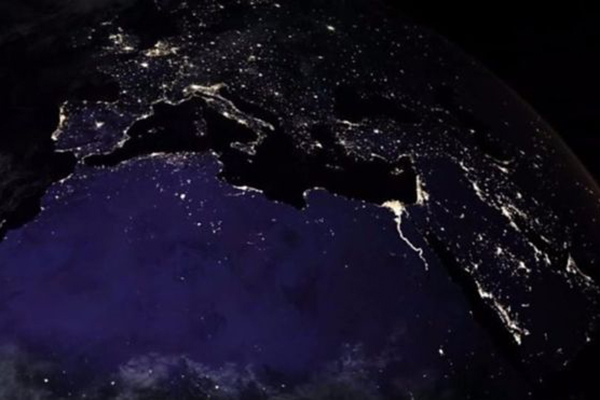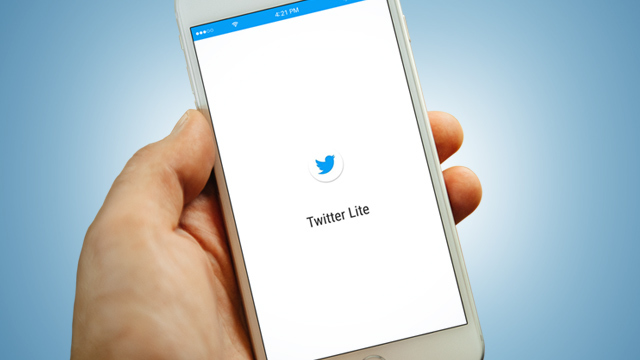Scientists say the night is lost due to increased use of artificial light all over the world. They found this picture after researching several photos of the night.
Scientists say the increase in the perimeter of the artificial light per year has increased by two percent between 2012 and 2016.
They fear that the loss of the night will have negative effects on humans and animals.
The study uses NASA satellite radiometer images, which can measure nighttime intensity. A report related to this has been published in a journal called Science Advance.
Studies have shown that the intensity of light decreases or leads over time and countrywide. The intensity of light in Spain and the United States, the two brightest countries in the world, is the same as before. But it is increasing in South America, Africa and Asia. But the intensity of lightning in Syria and Yemen has decreased.
The satellite image of the night reflects the world’s bright sea-like and spider-like light, but it also has a harmful effect on human health and the environment.
In 2016, the American Medical Association officially highlights the harmful aspects of high-powered LED light. It is said that blue light diffraction in LEDs is high.
Recent research in another journal Nature says, artificial lighting is reducing pollination, which reduces the activities of night-westerly insects.
Christopher Kiba, the chief researcher of Geoscience at the German Research Center, said that artificial light brought about the most dramatic changes among humans, which have been influenced by nature in nature.
Kiba and his colleagues hope that artificial light decreases in rich countries like USA, UK, and Germany.
Low light more eye sight
At present, natural night sky is hard to get anywhere in Europe. Artificial light has adapted to the bright night sky. Professor Gaston said, “Human conflict with the environment always brings disaster, light pollution is also an incident, it is very difficult to fix or change.”
‘The light should be used wherever needed, unnecessary lighting is becoming a cause of damage. ‘Says Professor Gaston.
Dr. Kiba said, even if the city is reduced to light, it will not affect our eyes, because people’s eyes depend on the diversity of light and darkness, not on quantity of light.
‘Large lamps used for bright lighting or decoration can be reduced, but better light will be possible in less light. ‘
“It will also reduce the energy waste, but national and international data say the world is in full swing.







atorvastatin 80mg pill buy atorvastatin 20mg without prescription atorvastatin drug
buy atorvastatin sale lipitor 40mg cheap lipitor online buy
cipro buy online – purchase septra generic order augmentin 1000mg without prescription
buy cipro 1000mg generic – buy cipro generic order augmentin 1000mg sale
order clozapine without prescription – buy accupril for sale famotidine over the counter
order zidovudine 300mg generic – metformin 1000mg generic zyloprim for sale
buy zidovudine 300 mg sale – order generic irbesartan 300mg order allopurinol
clozaril 50mg sale – buy aceon generic order famotidine 40mg generic
cost anafranil – order cymbalta 20mg generic purchase doxepin for sale
cheap quetiapine 50mg – order fluvoxamine order eskalith online
seroquel online buy – buy trazodone 50mg pills buy eskalith tablets
anafranil without prescription – buy remeron 30mg online order sinequan 25mg generic
buy hydroxyzine 25mg generic – nortriptyline 25 mg canada buy amitriptyline 25mg sale
atarax online – lexapro 10mg pills buy endep without prescription
buy cheap generic augmentin – baycip order online ciprofloxacin drug
amoxiclav tablet – augmentin 625mg cost buy baycip paypal
amoxicillin oral – order generic duricef 500mg order ciprofloxacin
cheap amoxicillin pill – order duricef order baycip generic
buy azithromycin no prescription – buy azithromycin 500mg generic ciprofloxacin 500 mg us
azithromycin 250mg tablet – buy metronidazole paypal buy ciprofloxacin pill
cleocin 300mg pills – oxytetracycline 250 mg generic cheap chloramphenicol pill
where to buy cleocin without a prescription – purchase cleocin sale cheap chloromycetin sale
ivermectin 6 mg for people – cost levaquin 250mg cefaclor 500mg sale